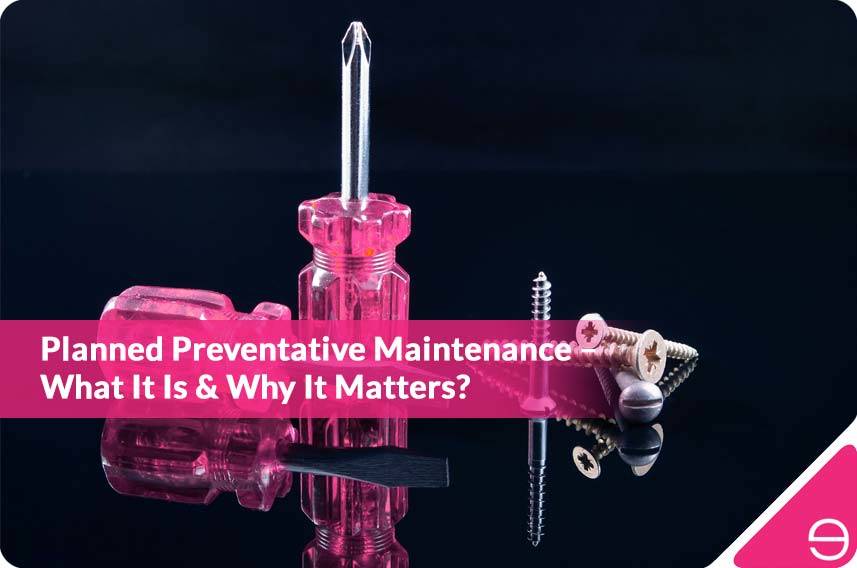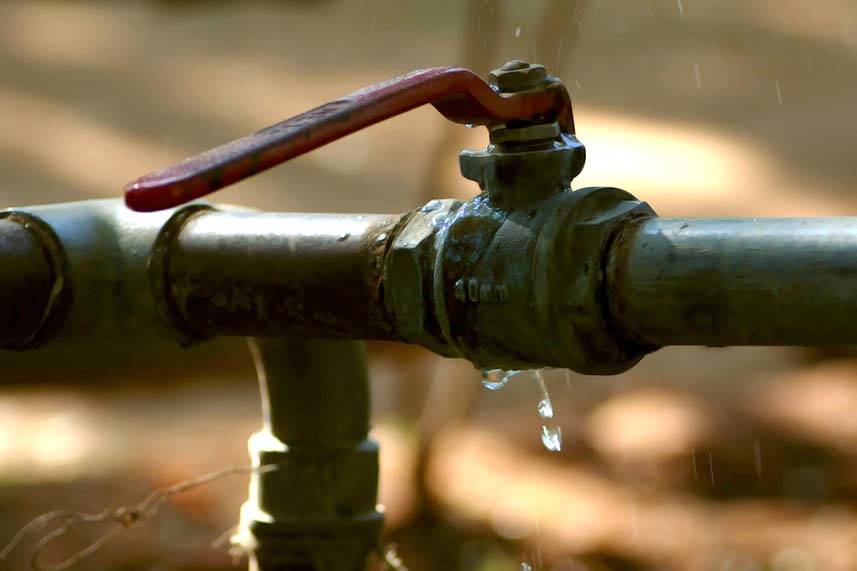Planned preventative maintenance (PPM), also commonly referred to as planned or scheduled maintenance.
It is essentially a scheduled maintenance routine, set out to ensure machinery, services and equipment are all maintained at regular intervals.
This helps to minimise partial or complete failure, and thus minimise business interruption and prepare your business to avoid any costly disasters.
Read on below to learn more. Or click a chapter link to jump to a section of your choice.
Table of Contents
Advantages of PPM
Rather than waiting for machinery or equipment to break down and have a team “reactively” repair the issue, PPM acts as a preemptive insurance policy against catastrophic failures.
Such failures can lead to a costly and time consuming interruption to business operations, not to mention an expensive repair or full replacement of the failed equipment in question.
It may seem like an obvious choice, but there are countless businesses who do not operate with any form of PPM schedules in place.
Why is Planned Preventative Maintenance Important?
If you run a business that is departmentalised and relies on a fairly large team of staff, it’s vital to ensure they can do their jobs as effectively as possible.
Any change in circumstances can lead to a huge problem.
Most businesses do not realise just how many facilities and services they take for granted each day.
If one were to breakdown or malfunction, it can become a massive headache.
PPM acts as a preemptive insurance policy against catastrophic failures which can lead to a costly and time consuming interruption to business operations
Maintaining Essential Services
In most commercial buildings for example, there will be a number of vital services running around the clock such as:
- power & lighting
- heating & air conditioning
- plumbing & hot water
- cleaning & sanitation
- washrooms & WCs
- access controls, security & CCTV
- telephone systems & communications
- networks & internet access
- electrical wiring & consumer units
- windows, roofs & insulation
- computer equipment & machinery
In fact, the list goes on and on.
If any one of these were to break down, it would undoubtedly cause a huge inconvenience to any business.
This is why having a firm of professional commercial property and equipment maintenance specialists take the load on most if not all of these concerns, makes complete sense.
This ensures your vital day-to-day systems are running at optimism levels without concern, whilst you can carry on running your business.
Whether it’s a simple toilet blockage or a major machinery outage, either one will undoubtedly cause a disruption to your business and cost money.
Reactive maintenance carries far greater risk and if the repair process drags out, may cost you a great deal more in the long run
Why Not Use a Reactive Maintenance Instead?
There are naturally arguments for and against using PPM.
With a scheduled maintenance contract, you have a continued financial commitment to pay each month to have all systems checked.
However on the plus side, any issues or concerns are no longer yours to worry about.
If you ultimately decide that it’s better to risk machinery or service malfunction as a means to save ongoing scheduled costs and instead, have a team repair the item in question at the time of failure, this may seem like a smarter choice.
However in such circumstances, there’s no guarantees that a suitable repair firm will be immediately available.
You may also find that the parts you need may not be in stock to take care of the issue swiftly.
Reactive Maintenance Risks
Reactive maintenance carries far greater risk.
For example, if the repair process drags out, may cost you a great deal more in the long run, so a decision like this could be extremely short-sighted.
If suitably carried out, a routined PPM schedule will prevent all of these concerns and ensure that potential problems are identified before they occur.
Any obsolete or malfunctioning items can be dealt with, with minimal disruption.
So if you are a business that relies on a number of the above listed items, consider which approach is best for you and take decisive action to prevent any costly downtime.




